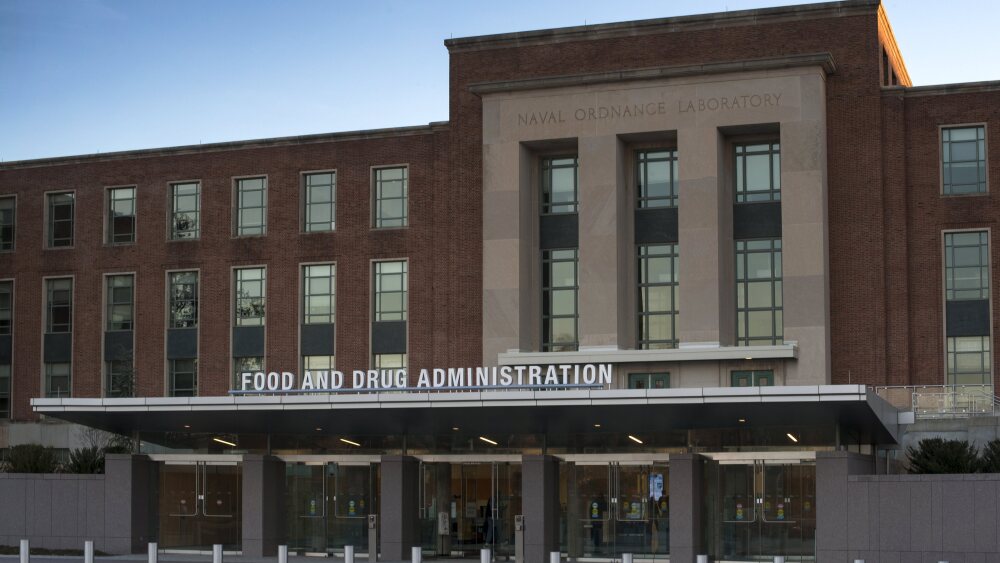September 22, 2015
By Alex Keown, BioSpace.com Breaking News Staff
CHICAGO -- With a threat of capping the prices of prescription drugs to prevent “price gouging,” a tweet by Democratic presidential candidate Hilary Clinton sent pharmaceutical stock prices down 10 percent on Monday.
Clinton, the former U.S. Secretary of State and current front-runner in the Democratic primary, made her announcement following news reports of Turing Pharmaceuticals raising the price of a recently acquired drug by 5,000 percent. The Associated Press reported Clinton has proposed to cap monthly out-of-pocket costs for prescription drugs at $250. Additionally, Clinton’s campaign said she would also seek to curb the amount of money drug companies can spend on advertising. The campaign said part of the plan would also seek to ensure federal regulation through the U.S. Food and Drug Administration that would ensure all prescription drug advertisements would provide “clear information to consumers.”
After Clinton used Twitter to denounce Turing’s new price structure for Daraprim, a drug that’s been on the market since 1953, several specialty pharmaceutical companies saw their stocks fall. The Associated Press reported Mallinckrodt Pharmaceuticals PLC, saw shares drop 10.02 percent, while the top 20 drugmakers saw their stocks fall an average of 2 percent. The Nasdaq Biotechnology Index dropped 4.4 percent, the AP said. The SPDR S&P Biotech ETF dropped by 6 percent, the Street reported.
Although the presidential candidate impacted the stock market Monday, several analysts told The Street that pricing concerns are “nothing new” and “will likely continue to be a headwind for the sector.”
Daraprim is used to treat toxoplasmosis, a parasite that threatens those who have compromised immune systems, such as cancer and HIV patients, as well as pregnant women. Turing, which acquired Daraprim in August for $55 million from Impax Laboratories, increased the price point of the drug from$13.50 per tablet to $750 per tablet. The drug is used by about 2,000 people in the United States annually, the Boston Globe reported. Martin Shkreli, Turing’s chief executive officer, defended the price increase multiple times within the past few days, arguing that the drug, which is taken for about six weeks, is a bargain because of its life-saving capabilities. When Turing acquired the drug, Shkreli, a former hedge fund manager, said the funds from the price increase would be used to subsidize new research into treatments for toxoplasmosis.
But health care workers who primarily work with those patients with compromised immune systems, have not bought Shkreli’s reasoning. Joel Gallant, former chairman of the HIV Medicine Association, told the Boston Globe that HIV patients may remain on the drug for much longer than six weeks due to their compromised immune system, which could cost hundreds of thousands of dollars.
“They are not in the game for biomedical research,” Gallant told the Globe. “They are getting exclusive rights to a cheap drug and raising the price because they can.”
A letter sent to Turing by the Infectious Diseases Society of America implored Turing to reconsider the new pricing structure.
Under the current pricing structure, it is estimated that the annual cost of treatment for toxoplasmosis, for the pyrimethamine component alone, will be $336,000 for patients who weigh less than 60 kilograms and $634,500 for patients who weigh more than 60 kilograms. This cost is unjustifiable for the medically vulnerable patient population in need of this medication and unsustainable for the health care system,” the IDSA said in its letter.
U.S. Sen. Bernie Sanders, who is also vying for the Democratic presidential nomination, and U.S. Rep. Elijah Cummings also sent a letter to Turing demanding an explanation on the price increase. The duo said they were conducting an investigation on the price increase. Last month Sanders sent letters to Pfizer and Valeant about price increases for some of their drugs, the Street reported.
According to the U.S. Centers for Disease Control, toxoplasmosis is considered to be a leading cause of death attributed to foodborne illness in the United States. More than 60 million men, women, and children in the U.S. carry the parasite, but most do not show symptoms due to a health immune system. Those with compromised immune systems, including cancer patients, HIV patients and pregnant women. If not held in check by a healthy immune system or medication, the parasite can attack the brain and lead to blindness or brain damage.
Turing is not the only company to dramatically increase the cost of medication. Rodelis Therapeutics acquired the tuberculosis drug Cycloserine in August and raised the cost of a 30-day treatment of $500 to $10,800, the New York Times reported. Facing the backlash, Rodelis agreed to give the drug back to the Purdue Research Foundation, which has oversight of the manufacturing operation. However, now that the foundation has regained control, the price of the drug did not return to $500. Rather, 30 tablets now cost $1,050.





